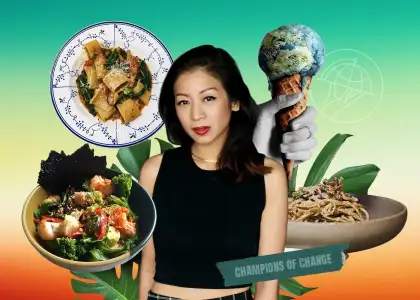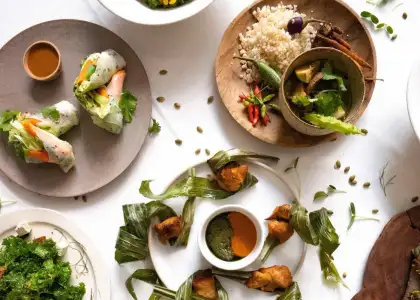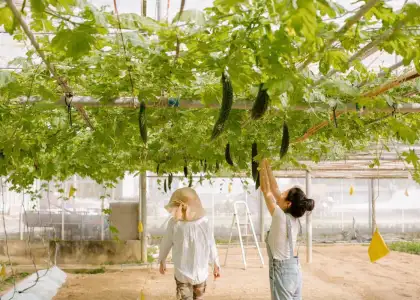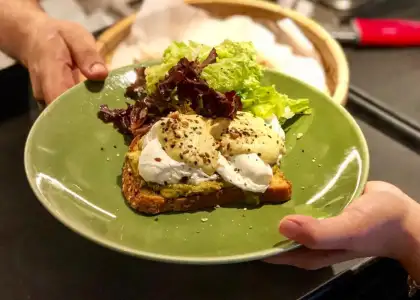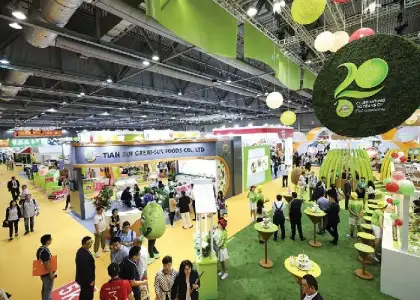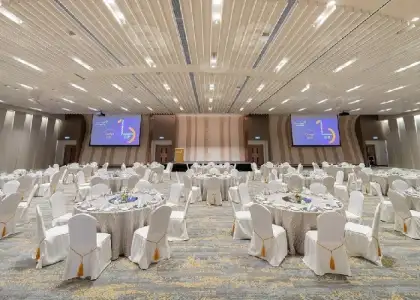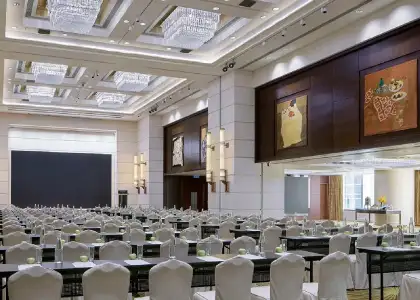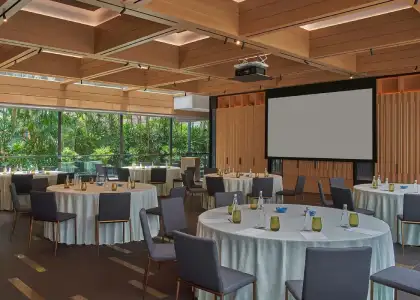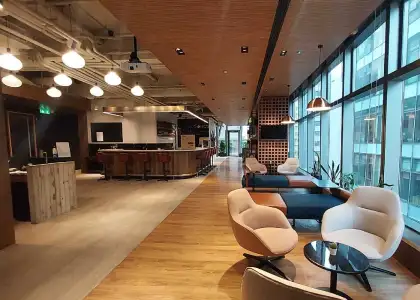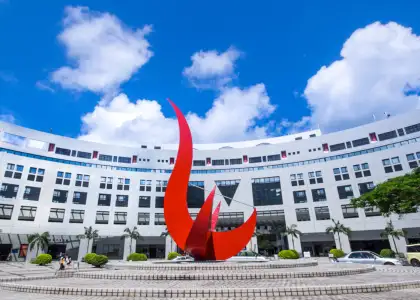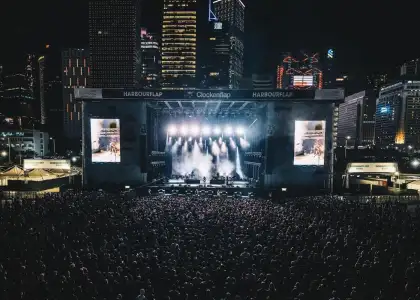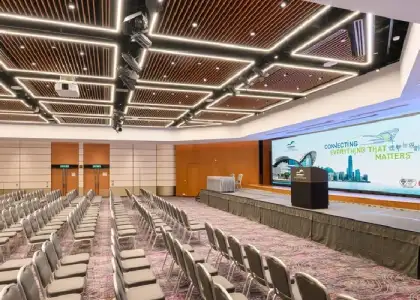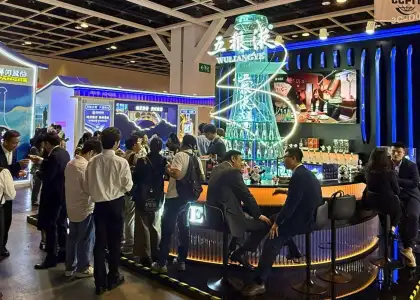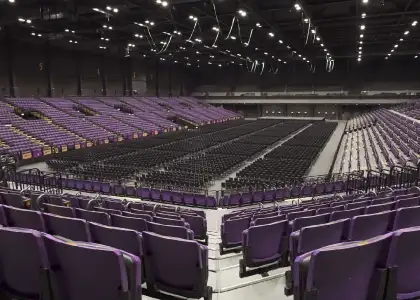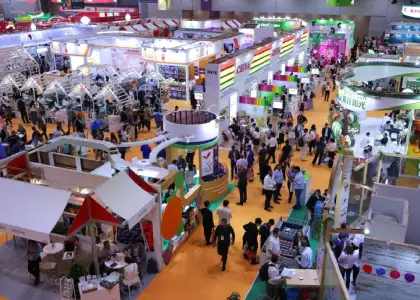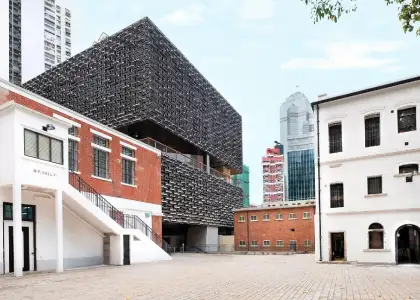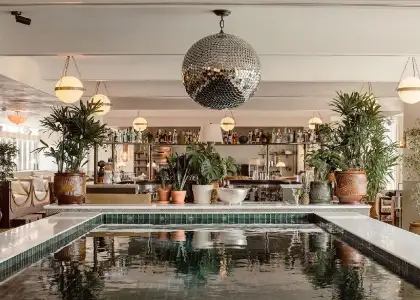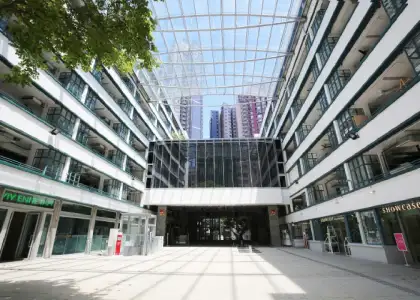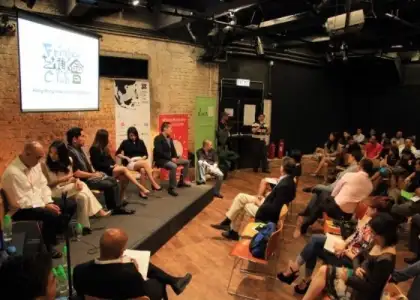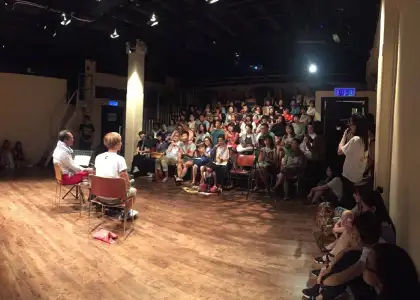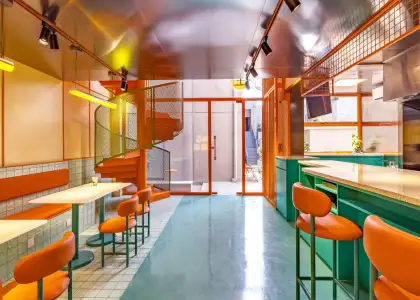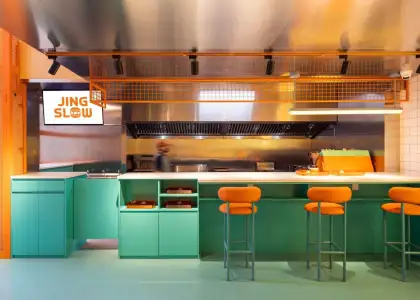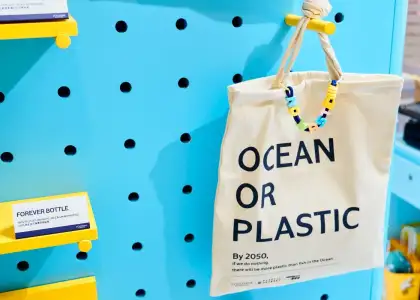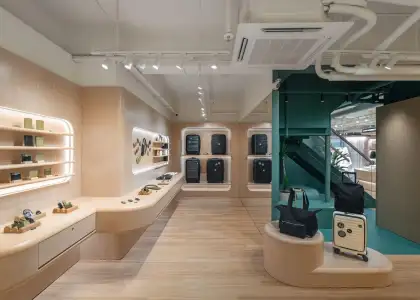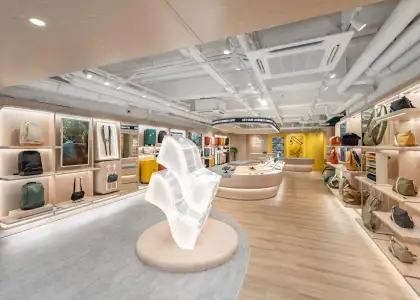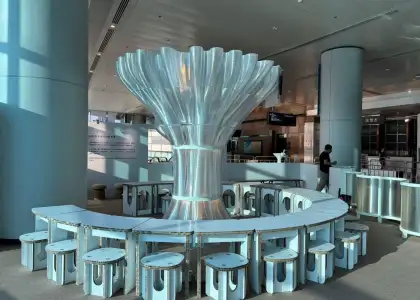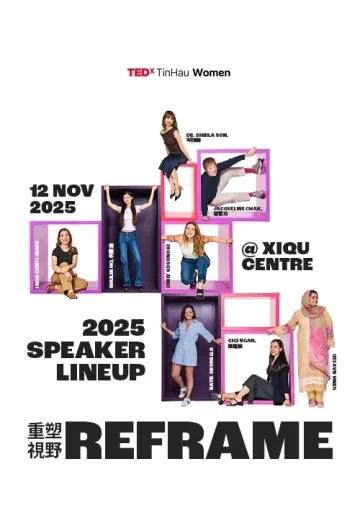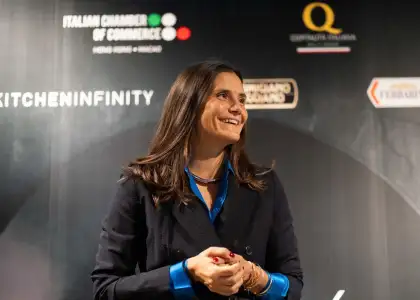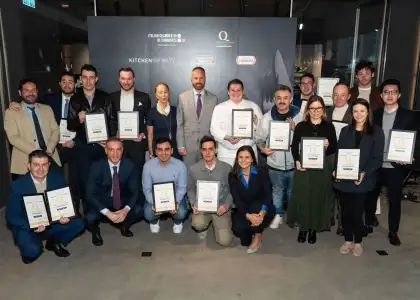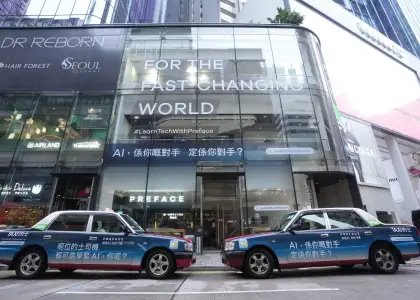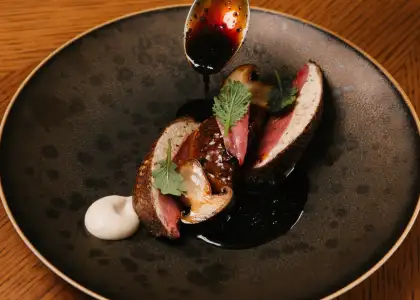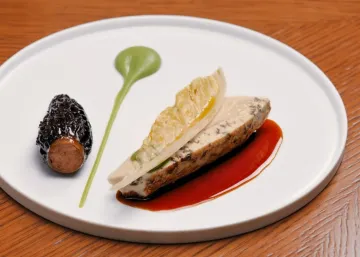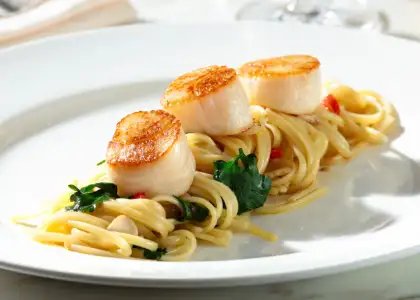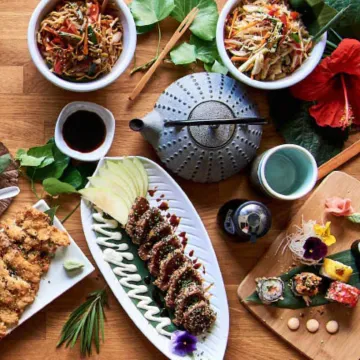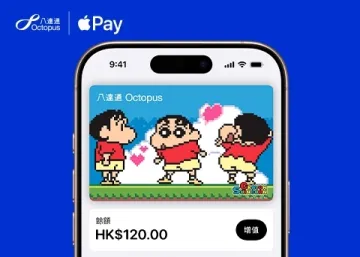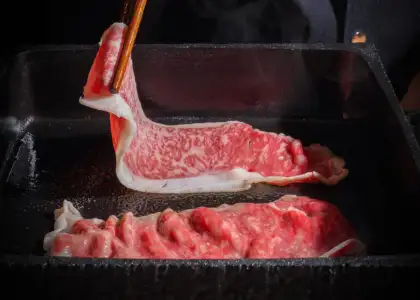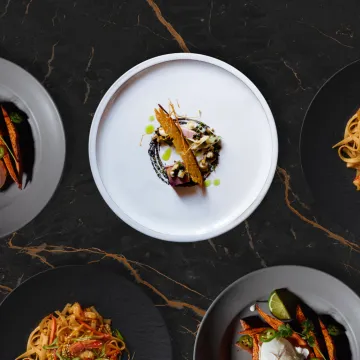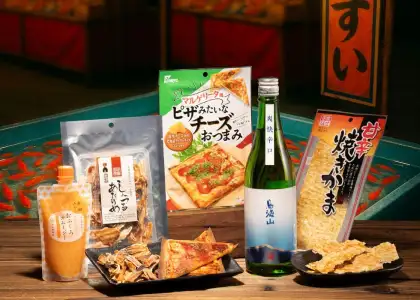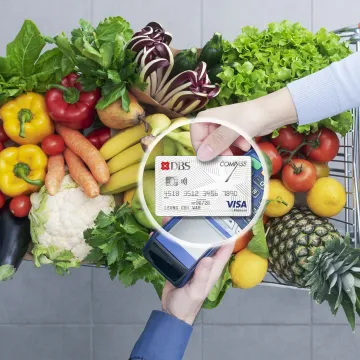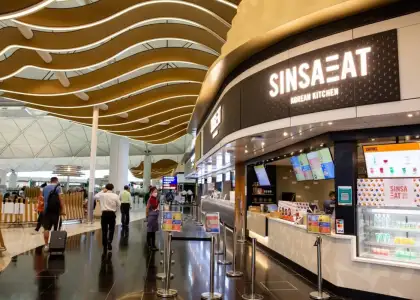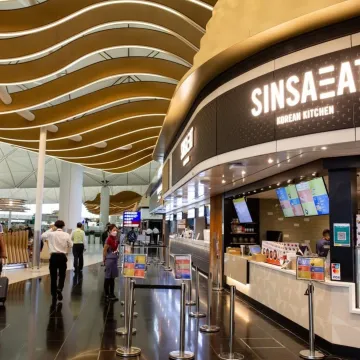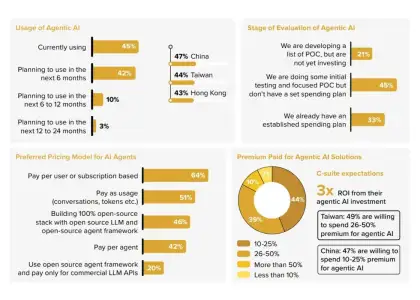The Group of Indian Hong Kongers Creating the City’s First Beer Made Out of Bread
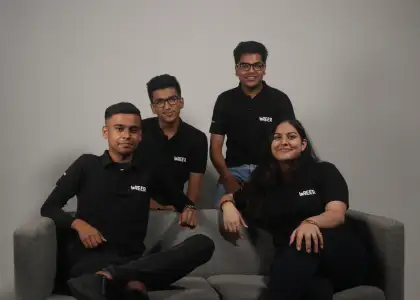
Beer has five main raw ingredients: barley malt, wheat, yeast, hops, and water. It tastes nice, pairs well with a curry or a pie, and is the world’s most well-known alcoholic beverage.
The process of making beer has not changed for centuries across the world, but one group of budding entrepreneurial students at The Hong Kong University of Science and Technology (HKUST) wanted to alter what beer is and how it is made – whilst solving Hong Kong’s food wastage problem.
With an idea beginning two years ago and now a marketable product, Breer, a food upcycling start-up, sought to collect unsold, uneaten, and surplus bread from chain supermarkets, bakeries, and delis, break down the bread to barley and wheat, and brew a drinkable (and tasty) beer for the Hong Kong market.
Today, the start-up sells a 330-millilitre light pale ale can, their original Breer, and a pizza crust-flavoured bottled pale ale, called Base Beer, in their online store, third- party vendors, and a range of Hong Kong’s hip bars.

Breer began in October 2019 when the group of four , strangers and freshmen at HKUST , met at an orientation event for a competition sourcing innovative sustainable projects by current business students at the university.
Indian Hong Konger Suyash Mohan, then-second year student in Economics, met with Anushka Purohit, Deevansh Gupta, and Naman Tekriwal—also Indian-born and Hong Kong-born Indian expats—at the Enactus Cup at HKUST’s Social Innovation Challenge.
Strangers to business pitching and each other, their objective at the university-wide competition was to present a student-run project solving a large-scale problem through business innovation, whilst also delivering a social impact to local communities in Hong Kong.
The foursome of budding entrepreneurs and innovators applied the skills they learnt in their degrees of economics, business, and marketing to pitch a product within the sustainability field that “was not just to tick the Environmental, Social and Governance box," but to design a product that would overhaul its life cycle.
Co-founders Suyash and Anushka, both second-generation Indians brought up in Hong Kong, looked to the city’s food wastage problem and wanted to align their competition idea with a product that formed a non-wastage cycle.
“[When] looking at the food that bakeries and restaurant chains in Hong Kong throw out at the end of the day, perfectly consumable food going straight to landfill,” Suyash explained in an interview with The Beat Asia, “the idea of using day-old bread from the city's bakeries to create beer made sense.”
“When you think of beer, you think of having a fun time, a cold drink with your mate,” Suyash says. Using the wheat and barley from loaves of unsold bread to make a cool and hip alcoholic beverage satiated the group’s desire to market a product to young Hong Kongers and become involved in the process of recycling an old product for a new use.
In the beginning, sourcing the unsold and unused bread was a challenge, Suyash recounts. With limited name recognition and the challenge of being a majority non-Cantonese speaking group of students, Breer partnered with small Swiss bakery chain La Rose Noire and Mayse Artisan in Tai Mei Tuk when the group began with a pilot brew in September 2020.
Their first brew started after a year of testing recipes and bread products, aligning with the vision of the foursome to create an “easy-going" light beer.
The product testing phase of the experimental beer batches leading up to their product launch of their first Breer beer in December 2020 involved working with small-scale breweries. Small batches were made of 20 litres each visit with the team and brewers.
In April 2021, the group sought the taste and expertise of various industry leaders to hone in on the right flavor and notes for their first pale ale beer, aligning the vision of the foursome with the industry know-how to create a sweet, light beer.
Following Breer’s soft commercial launch of their pale canned beer in May 2021, the group Breer enlisted the help of larger breweries to upscale production and minimize costs. Each brew, up to 1,000 litres at a time, was made almost bi-quarterly to ensure upkeep with demand.
On Aug. 28, 2021, Breer had their commercial launch at Hoppy Junction in Wanchai, scaling up to 4,000 litres in their pale ale canned product for purchase online and in restaurants throughout Hong Kong.
As demand has risen and more restaurants have begun to stock and sell their beer on menus, Suyash and the team are expecting another brew of 4,000 litres in November and 8,000 litrers in January/February. “Our growth is exponential, producing larger and larger brews each time we are set for another production,” Suyash says.
As Breer has entered the circuit of city-wide business competitions for student-run groups, their reach within Hong Kong’s food and beverage industry has grown. Following their soft commercial launch in June 2021, larger bakeries have reached out to Breer in donations of excess bread, smooth lining the source of the company's main ingredient needed: day-old bread.
Their pale Breer, both canned and kegged, has reached Hong Kong’s hippest bars and eateries, including Ho Lan Jeng in Central, Kowloon Taproom in Tsim Sha Tsui, Second Draft in Tin Hau, Craftissimo in Sheung Wan, Curry Leaf in Jordan, and Musicbox Grillhouse in Causeway Bay.
Online stores ZTORE, Buydong, and SpiceBox Organics Store also sell their beer.

All four students have used their own savings and parents’ loans to kick-start fundraising for Breer prior to their soft commercial launch. As a small-scale start-up, in the early days of business, the group were against distributing equity and providing themselves salaries, rather, investing all prize money, personal fundraising, and product revenue back into the business.
When Breer won the Enactus Cup at HKUST’s Social Innovation Challenge in October 2019, the team were awarded a HK$10,000 prize and assistance from HKUST in growing the business.
Suyash is currently studying for a dual master's degree in applied economics and social and economic policy, having previously graduated in 2020 with a bachelor's in economics at HKUST. Anushka, Deevansh, and Naman are still students at HKUST, with interests in marketing, Cantonese, entrepreneurship, and sustainability in food consumption.
The foursome team are busy. On a weekly basis in 2021, the group are expected at conferences and competitions to pitch their future projects and business to investors of student-run initiatives.
Breer was recently crowned champions in environment sustainability in the University/Tertiary Education Group at the City I&T Grand Challenge on Oct. 16, 2021, an annual technology and business competition in Hong Kong, seeking pitches from school-aged children, university students, and entrepreneurs on ways to “solve important challenges that affect Hong Kongers' everyday lives.”
The team won HK$200,000 in prize money and met Chief Executive Carrie Lam for a photo and later chat.
As Suyash nears graduation from his dual master's degree at CUHK and Northwestern University in Applied Economics and Social and Economic Policy, the group hope to venture into Breer full-time.
The team are in the process of hiring part-time staff in the fourth quarter of 2021 to assist with sales and events “getting into more doors” of bars and restaurants.

By the end of 2021 and early 2022, Suyash hopes that their pale ale beer will have a permanent stock in supermarket chains like YATA, ParkNShop, and City Super.
Discussions have begun with large conglomerates to create small batches of beers from reused bread products sold in the respective stores, creating a whole circular economy of using different type of wasted products in these organization to produce an exclusive beer product, and selling them in the chain restaurants.
Late 2021 will see Breer releasing a new flavoured beer, “possibly an IPA,” slightly different from their original pale ale.
“We take it one day at a time,” Suyash explains speaking out the progress of Breer. “We have grown to a point where we haven’t expected it to.”
“I am happy the product is beer because I care about beer, I like drinking beer, being a part of it. It’s good being part of the business.”
“Our plan going forward is scaling up, looking for new businesses to house our beer, and begin launching at bigger venues, hoping our brand can see even further positive growth.”
Subscribe to The Beat's newsletter to receive compelling, curated content straight to your inbox! You can also create an account with us for free to start bookmarking articles for later reading.








